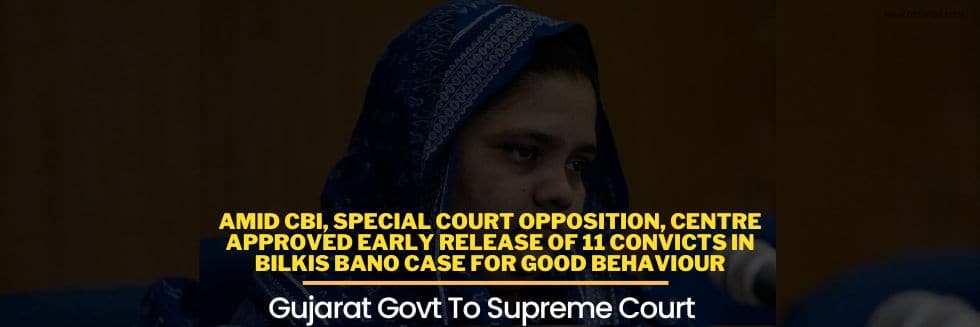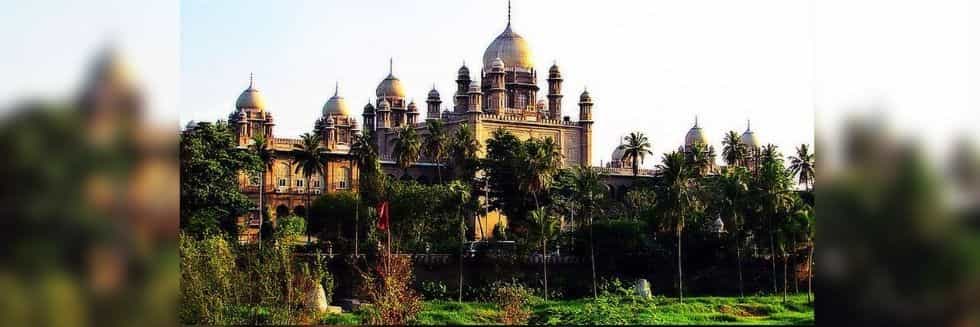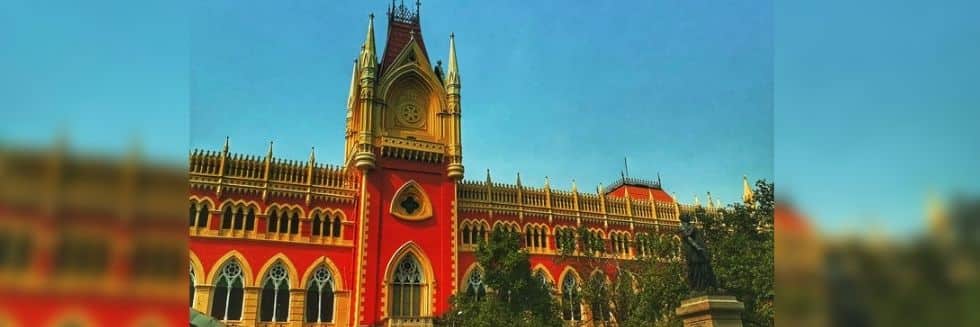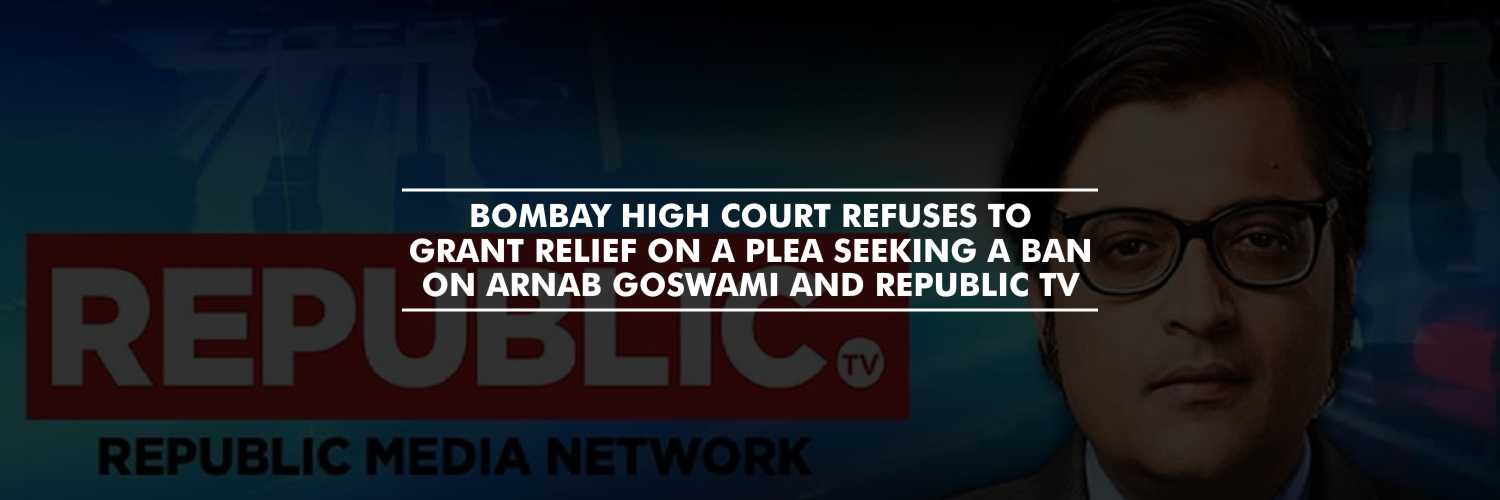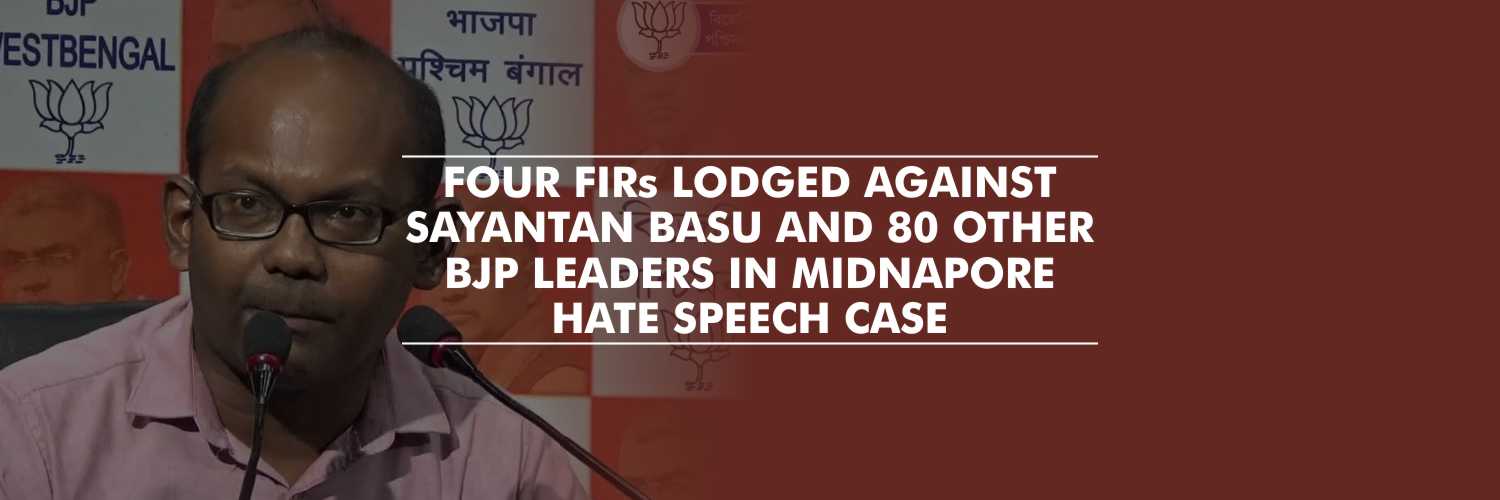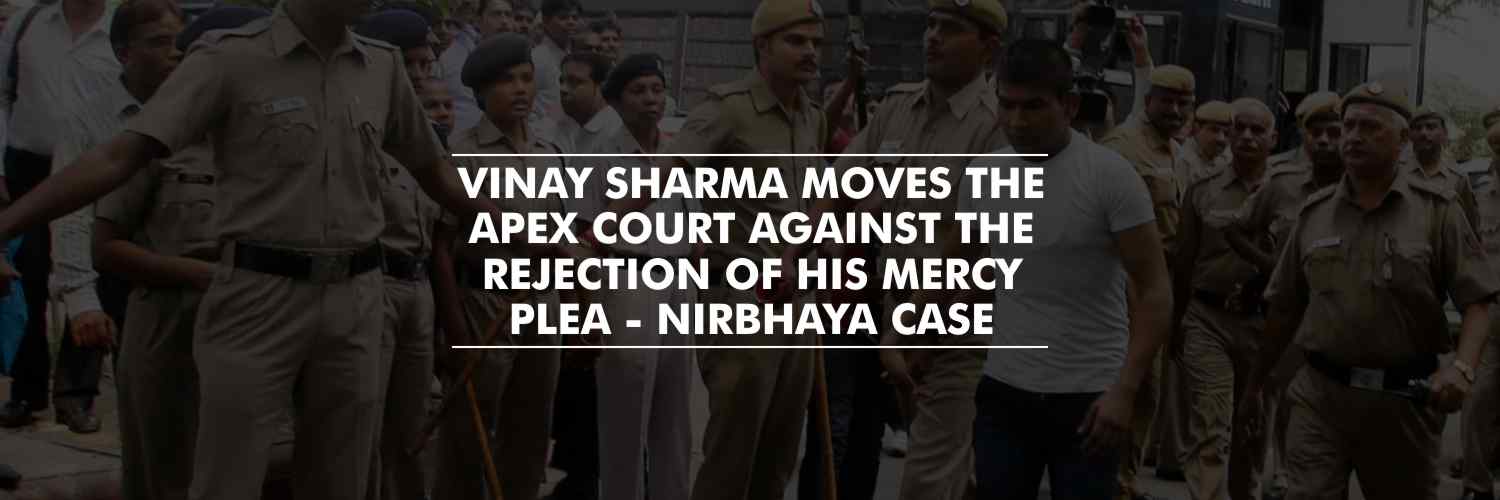In connection to a horrifying crime against women case which has been in the headlines, Gujarat Government has submitted an affidavit before Supreme Court wherein it stated that it decided to release the eleven convicts in the Bilkis Bano case on completion of their fourteen years sentence as their behaviour was found to be good and the premature release was approved by Centre government.
The State government stated that the decision was taken after considering all the opinions and requirements under the 1992 remission policy.
Premature Release Opposed By CBI And Special Court
The affidavit also reveals that the premature release of eleven convicts in the Bilkis Bano gang-rape case was opposed by the Central Bureau of Investigation (CBI) and the special court in Mumbai which had conducted the trial. The decision was opposed by the Superintendent of Police, CBI at Mumbai and the Special Judge (CBI) City Civil and Sessions Court, Greater Mumbai citing the nature of the crime.
In a letter to the superintendent of Godhra sub-jail, a CBI official wrote that the offence committed was “heinous, grave and serious” and hence they “cannot be released prematurely and no leniency may be given” to them.
Opining that the Maharashtra government’s 2008 policy should apply as the trial was conducted in Mumbai, the Civil judge said, “In this case, all the convicted accused were found guilty for rape and murder of innocent people. That the accused had no enemy or any relation with the victim. The crime was committed only on the ground that the victims belong to a particular religion. In this case, even minor children were not spared. This is the worst form of crime against humanity. It affects the conscience of society. The aggrieved is society at large.”
Bilkis Bano Rape Case Convicts Released With Centre Government’s Approval
The State government sought the Centre’s approval on June 28, 2022. The remission was okayed by Union Home Ministry on July 11.
The premature release letter issued by the govt stated that it gives “concurrence/approval of the Central government under Section 435 of CrPC for the premature release”. The affidavit clarifies that the remission was approved under 1992 remission policy and not under the circular governing grant of remission to prisoners as part of the celebration of ‘Azadi Ka Amrit Mahotsav’.
“The State Government considered all the opinions and decided to release 11 prisoners since they have completed 14 years and above in prison and their behaviour was found to be good. After approval of the State government, orders have been issued on 10.08.2022 to release the prisoners. Hence, in instance case the state has considered the proposals under the policy of 1992 as directed by this Hon’ble Court and not granted under the circular governing grant of remission to prisoners as part of celebration of ‘Azadi Ka Amrit Mahotsav,” stated the Gujarat government.
The state government stated that it had sought the opinions of the Superintendent of Police, CBI, Special Crime Branch, Mumbai; the Special Civil Judge (CBI), City Civil and Sessions Court, Greater Bombay; Superintendent of Police, Dahod; Collector and District Magistrate, Dahod; Jail Superintendent, Godhra sub-jail; Jail Advisory Committee; and Additional Director General of Prisons, Ahmedabad.
The bench was hearing two petitions challenging the release of the eleven convicts. Among these, one was filed by CPI(M) leader Subhashini Ali, journalist Revati Laul and academician Roop Rekha Verma, and the other by TMC MP Mahua Moitra.
Contending that the remission was granted without the approval of the Union government, Ali and the two petitioners had stated that the case was investigated by the CBI and accordingly, grant of remission solely by the competent authority of a state government/ state of Gujarat…without any consultation with the central government…is impermissible in terms of the mandate of Section 435 of the Code of Criminal Procedure, 1973.
Addressing the petitions, the Gujarat govt stated that the petitioners being a third-party strangers, have no locus to challenge the remission orders passed by the competent authority.
It added, “It is well established that PIL is not maintainable in a criminal matter. The petitioner is in no way connected to the proceedings, which either convicted the accused in question or with the proceedings which culminated in the grant of remission to the convicts. Thus, a petition at the instance of a mere busybody which is political machinations is liable to be dismissed.”
Everything You Need To Know About Bilkis Bano Rape Case
Bilkis Bano was one of the survivors of the 2002 Gujarat riots which erupted after the burning of a Sabarmati Express coach that killed 59 ‘karsevaks ‘on February 27, 2002. Five months pregnant Bilkis was trying to flee from her village along with her three-year-old daughter and 15 family members.
On March 3, they took shelter in a field. They were attacked by a mob of 20-30 people armed with sickles, swords and sticks. The mob gang-raped Bilkis and murdered seven of her family members. One assailant snatched her toddler daughter and smashed her head on a rock which led to her death.
Considering the outrage and severity of the crime, the Supreme Court ordered a CBI probe. The accused were arrested in 2004. The trial began in Ahmedabad but was later transferred to Mumbai over Bilkis Bano’s apprehensions that witnesses could be harmed and evidence collected can be tampered with.
On January 21, 2008, the special CBI court sentenced all the 11 accused to life imprisonment after convicting them on charges of conspiring to rape a pregnant woman, murder and unlawful assembly under the Indian Penal Code.
The Special Court acquitted seven other accused in the Bilkis Bano case for want of evidence and an accused died during the trial.
In 2018, the Bombay High Court set aside the acquittal of 7 accused and upheld the conviction.
In 2019, the Supreme Court directed the Gujarat government to pay Rs 50 lakh compensation, a job, and a house to Bilkis Bano.
“The honorable Supreme Court has let me know it stands with me. It understood my pain, my suffering and my struggle to regain the constitutional rights that were lost in the violence of 2002. No citizen should have to suffer at the hands of the state, whose duty it is to protect us,” Bilkis responded after the Supreme Court order.
